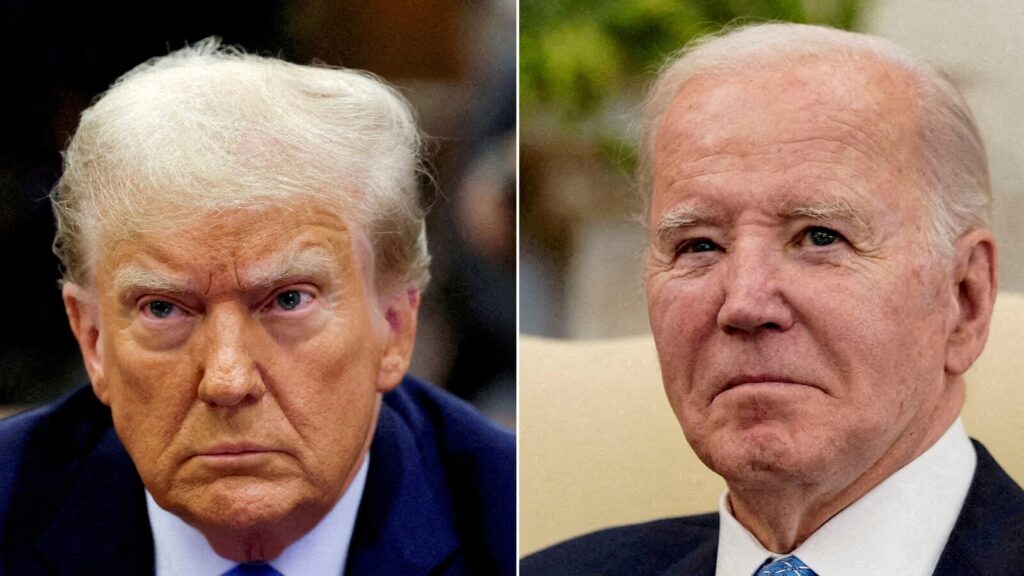With each passing day, the 2024 US presidential election becomes more and more inevitable. Among the several factors that will influence which side voters choose in the presidential debates, student loan debt has emerged as another seemingly significant aspect that cannot be overlooked.
Nearly one in five adults (18%) claim that student loan debt will play a major role in their ability to vote in November's presidential election, according to a new Bankrate survey. Additionally, Bankrate's Student Loan and Presidential Election Survey found that more than one in four Americans perceive student loan debt as a “national crisis” (29%) and 27% of Americans blame the federal government for not providing enough financial assistance to borrowers.
This collective image highlights a particularly worrying problem: More than 40 million borrowers owe $1.77 trillion in loans, according to the Federal Reserve.
Among respondents with student loan debt, 29% agreed that this factor will have a major impact on how they vote this fall.
Also read | Louisiana: 'Public schools are not Sunday schools': ACLU to sue state over Ten Commandments display in schools
Joe Biden vs. Donald Trump: How much will student loan debt influence voters' decisions?
The Biden administration has introduced numerous student loan relief measures. During his term in office, the incumbent president has forgiven a cumulative $167 billion in loans to about 5 million borrowers, despite the Supreme Court striking down a loan forgiveness program for 2023.
Meanwhile, former President Donald Trump praised the Supreme Court's decision to reject Biden's loan forgiveness program in 2024, Forbes magazine reported.
But he, too, put in place a pandemic-era forbearance program that lasted more than three years, suspending payments and interest.
The rise in college tuition costs is directly proportional to the national student loan balance, with the Federal Reserve stating that the latter has soared 66% over the past decade. As USA Today reports, the latest data from the Department of Education reveals that the average tuition fee at private, non-profit, four-year colleges and universities rose 14% from fall 2010 to fall 2021.
Also read | 'Isn't Marjorie Taylor Greene scary?': The Boys creators won't sugar coat Season 4 character inspiration
As for how the student loan crisis is affecting people, Bankrate analyst Sarah Foster put it well: “In Bankrate polls going back nearly a decade, borrowers say their debt is clouding their financial lives and affecting their ability to achieve the same financial goals as previous generations.”
The survey also seems to conclude with a heartbreaking conclusion: Nearly one in four people, 24% of Americans, have student loan debt for themselves or others and have no hope of ever paying it back.
This sad state of affairs may be a pressing issue that will affect the future voting of Americans with student loan debt. But contrary to the perception of experts and perhaps candidates, student debt did not stand out as a determining factor among the country's youngest voters. In fact, Gen Zers (ages 18-27) with student debt were actually the generation (22%) “least likely to let it have a major impact on their choice at the polls.”
Meanwhile, higher-income Americans with some form of debt were more likely to consider it a “major decision factor” (between $50,000 and $99,999: 31%; over $100,000: 37%).

